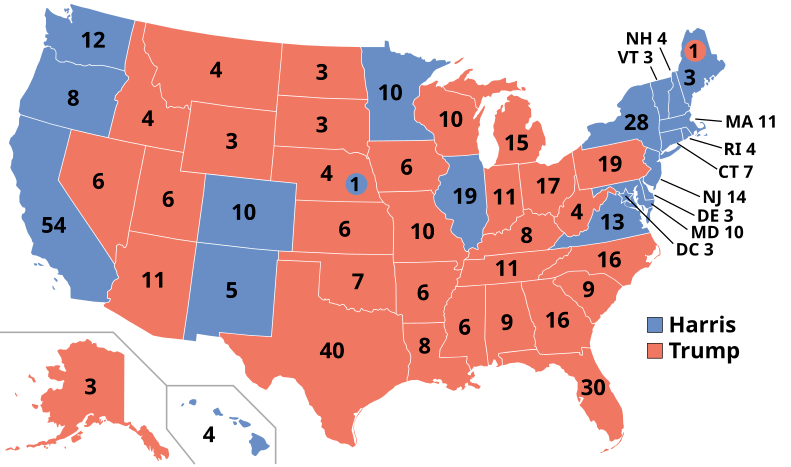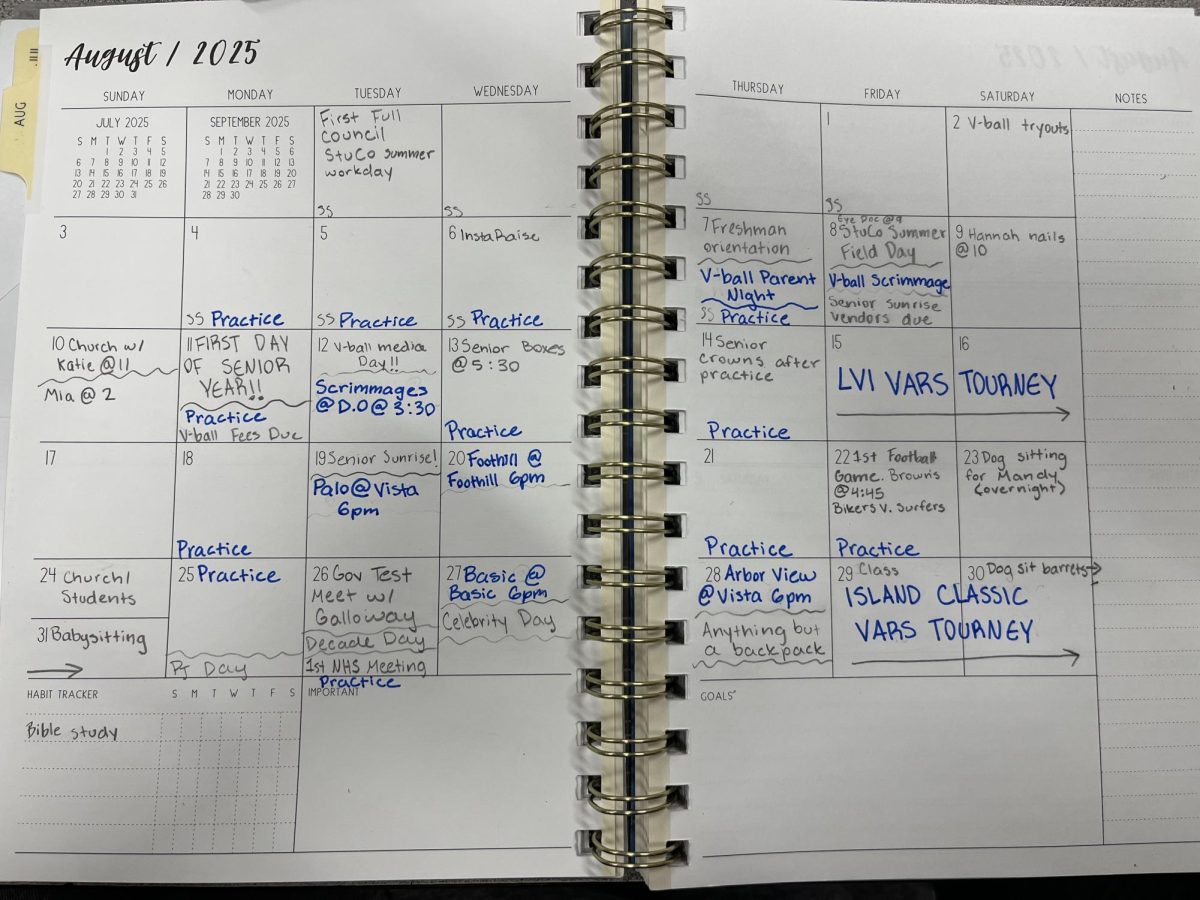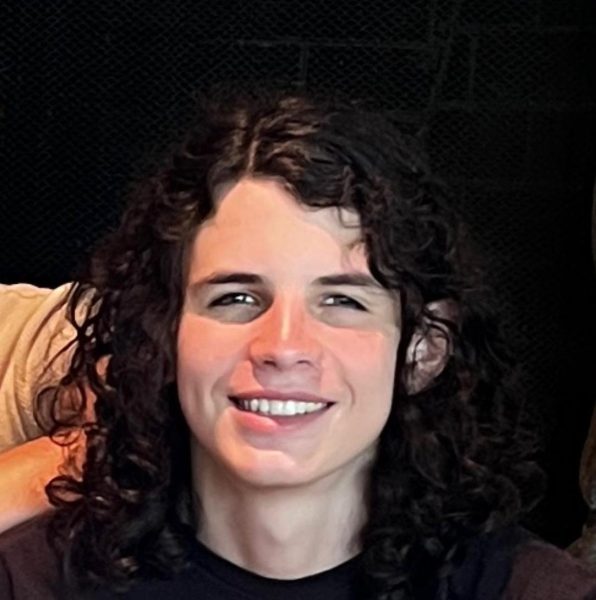On September 28, 2023, the Nevada State Board of Education announced potential regulations to push back high school start times to 8 A.M. On March 28, the Board of Education voted to survey the community and work towards passing legislation to require later start times. However, a week later, the board abandoned the proposed legislation.
This series of events is nothing new. In 2017, legislators introduced two bills that would move high school start times to around nine in the morning. In 2022, the board met to “discuss the possible implementation of regulations to require later start times for high school students.” Earlier last year, the board faced criticism from superintendents on a regulation that would require schools to provide alternate, later, start times for students.
Currently, Clark County School District (Nevada’s biggest school district) implements a 7 A.M. start time for high school students, 8 A.M. start time for middle school students, and 9 A.M. start time for elementary students.
These staggered start times are antithetical to the biology of children – young adolescents tend to sleep later in the day and for longer than their pre-adolescent counterparts, who find cognitive benefit in waking up early in the morning.
Numerous studies related to adolescent sleep deprivation “consistently describe a wide variety of adverse consequences, including health risks, poor cognitive performance, and behavioral accidents,” and conclude that the “overall success of delaying school start time” is both methodological and practical.
Despite the overwhelming evidence that later start times benefit high school students, any effort to remedy the problem is met with immense resistance. Former Superintendent of CCSD Dr. Jesus Jara, opposing proposed regulations at a 2023 board meeting, said “Unfunded mandates, safety risks, student schedule disruption, impacts to families, staffing challenges, and lack of legal authority are being ignored as the Board moves this unpopular proposal forward.”
After dropping the proposed legislation, the board plans to survey the students and parents of Washoe and Clark County school districts. Ann-Marie Dickson, deputy superintendent for the student achievement division at the Department of Education, reasons “we know that we have students that need to go to work. We know that we have students that take care of their siblings. It’s really more about wanting to make sure … we provide opportunities for students to take advantage of.”
Nevada exhibits some of the worst academic performance and highest truancy rates in the country, yet is among the earliest high school start times, with the average school day beginning at 7:45 in the morning. The inability of the state to effectively tackle the problem, combined with the refusal of individual school districts to negotiate with the state, means that the general academic ability and health of students are a second priority in lieu of pleasing parents, cutting transportation costs, and utilizing the school system as a daycare rather than an education.

































